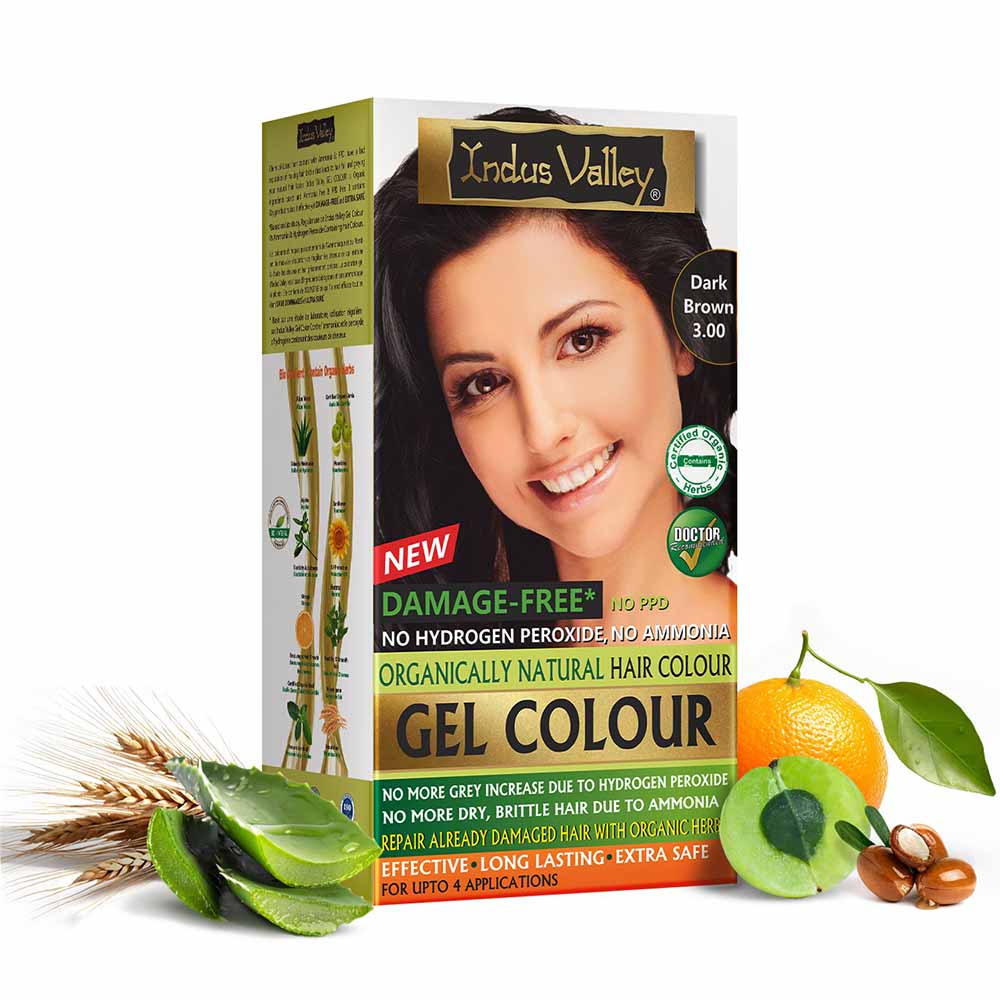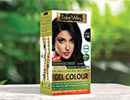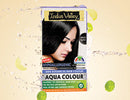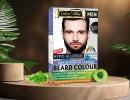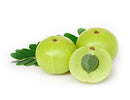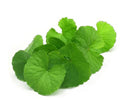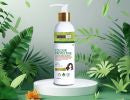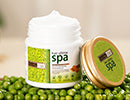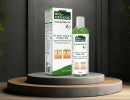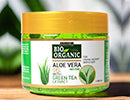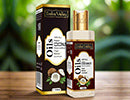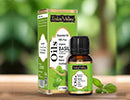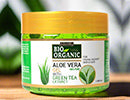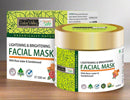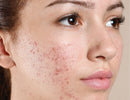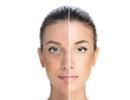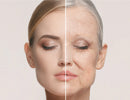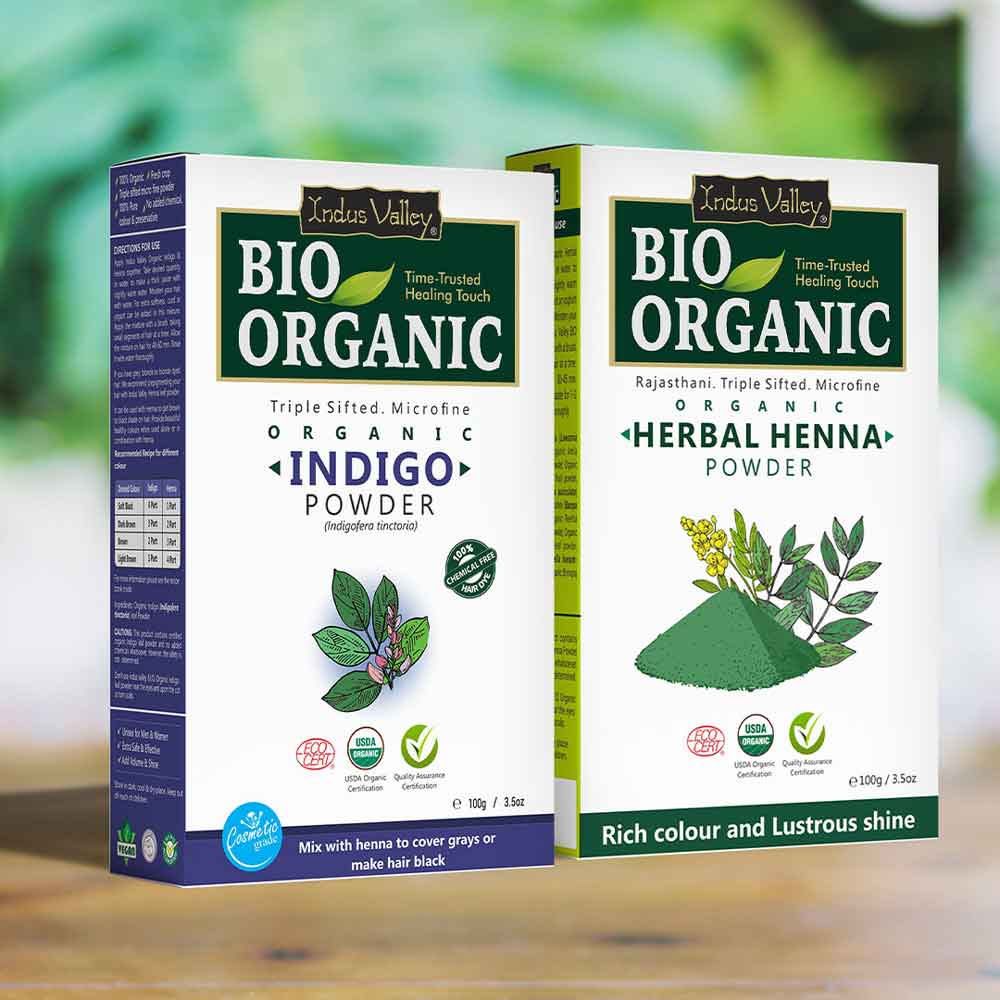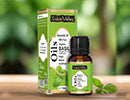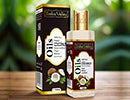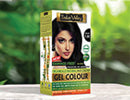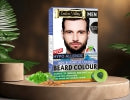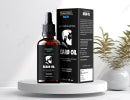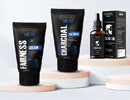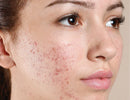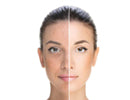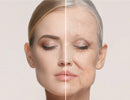Blemishes and pigmentation are common skin concerns that many individuals face. They can be caused by various factors, including sun exposure, hormonal changes, aging, and even genetic predisposition. Understanding these skin issues and the ways to address them can help in achieving a clearer and more even-toned complexion.
Blemishes refer to any type of mark, spot, discoloration, or flaw that appears on the skin. They can range from acne and pimples to scars and dark spots. Blemishes are not only a cosmetic concern but can also affect an individual's self-esteem.
Pigmentation, on the other hand, is the coloring of the skin. The skin gets its color from a pigment called melanin, produced by melanocytes. An overproduction of melanin leads to hyperpigmentation, resulting in dark spots or patches on the skin. Common forms of pigmentation include age spots, melasma, and post-inflammatory hyperpigmentation.
Best Ways to Reduce Blemishes and Pigmentation
1. Sun Protection :
One of the most significant contributors to pigmentation is sun exposure. Using a broad-spectrum sunscreen with at least SPF 30 can protect the skin from harmful UVA and UVB rays, preventing new blemishes and pigmentation from forming.
2. Topical Treatments :
Various over-the-counter products containing ingredients like hydroquinone, kojic acid, and vitamin C are known to help lighten hyperpigmentation. However, it's crucial to use these products cautiously, as they can be potent and may cause irritation.
3. Chemical Peels and Exfoliants :
Chemical peels, when done professionally, can remove the top layer of the skin, helping to reduce the appearance of blemishes and pigmentation. Similarly, regular exfoliation with gentle exfoliants can help fade dark spots over time by sloughing off dead skin cells.
4. Laser Therapy :
Laser treatments target melanin to break down dark spots without harming the surrounding skin. This method should be performed by a skilled professional and might require several sessions.
5. Natural Remedies :
Many people prefer natural remedies due to their gentle nature. Ingredients like aloe vera, lemon juice, and turmeric are popular for their skin-lightening properties.
Indus Valley Depigmentation Gel – A Natural Solution
When it comes to natural remedies, the Indus Valley Depigmentation Cream for Dark Spots on the Skin stands out. This product is specifically formulated to tackle pigmentation while being gentle on the skin. It's a testament to how effective natural ingredients can address skin discoloration.
Natural Ingredients :
The gel for skin brightening is enriched with cow yogurt and mashobra honey, both known for their skin-lightening agents. Cow yogurt is rich in lactic acid, which gently exfoliates the skin, removing dead cells and aiding in the reduction of pigmentation. Mashobra honey is a natural humectant that moisturizes the skin, which is crucial because hydrated skin can heal more effectively.
How It Works :
The lactic acid in the cow yogurt helps to brighten the complexion by accelerating cell turnover. The new cells that form are lighter in color, thus gradually reducing the appearance of blemishes and pigmentation. Moreover, the mashobra honey's anti-inflammatory properties help to soothe the skin and reduce the chances of acne and other blemishes that can lead to post-inflammatory hyperpigmentation.
Usage :
For optimal results, the gel should be applied to the affected areas daily. Patience is key, as natural remedies work with the skin's cycle and can take several weeks to show significant improvements. It's also important to be consistent with sun protection, as any product that works to lighten pigmentation can make the skin more sensitive to the sun.
Conclusion
While blemishes and pigmentation can be challenging to deal with, there are numerous ways to manage and reduce their appearance. The key is to find a method that works best for your skin type and concerns. If you're leaning towards natural solutions, the Indus Valley Depigmentation Gel can be a gentle and effective option. Remember, it's essential to consult with a dermatologist before starting any new skin treatment, especially if you have sensitive skin or severe pigmentation issues. With the right care and products, clearer and more radiant skin is within reach.
